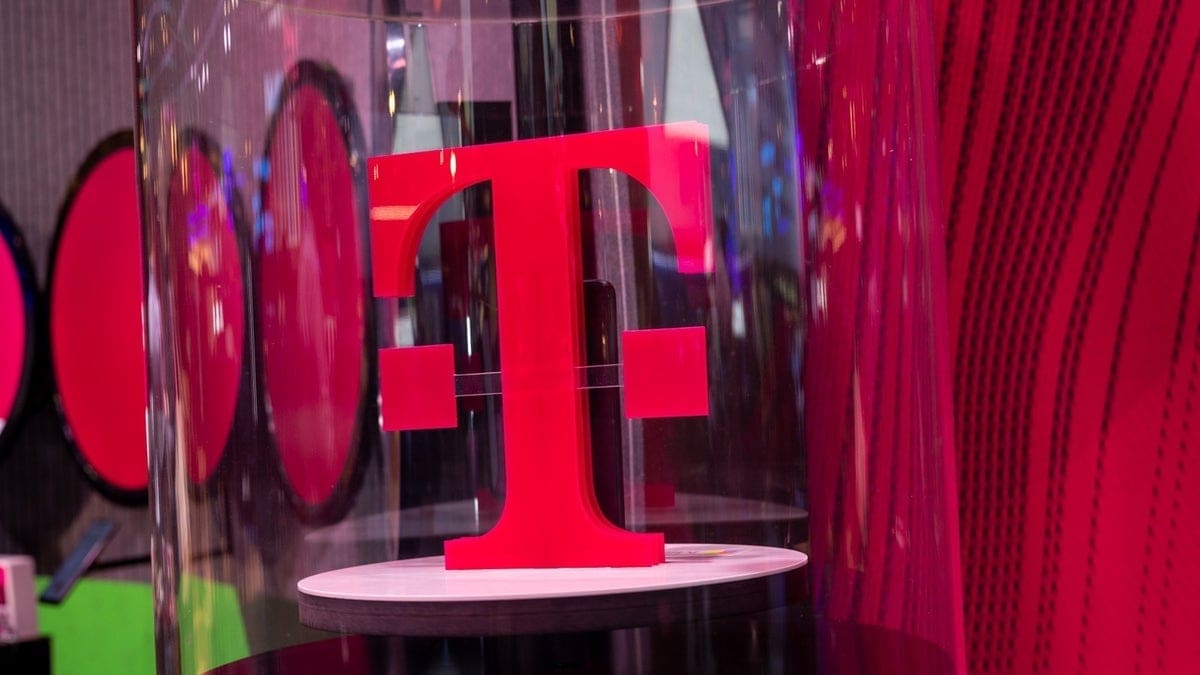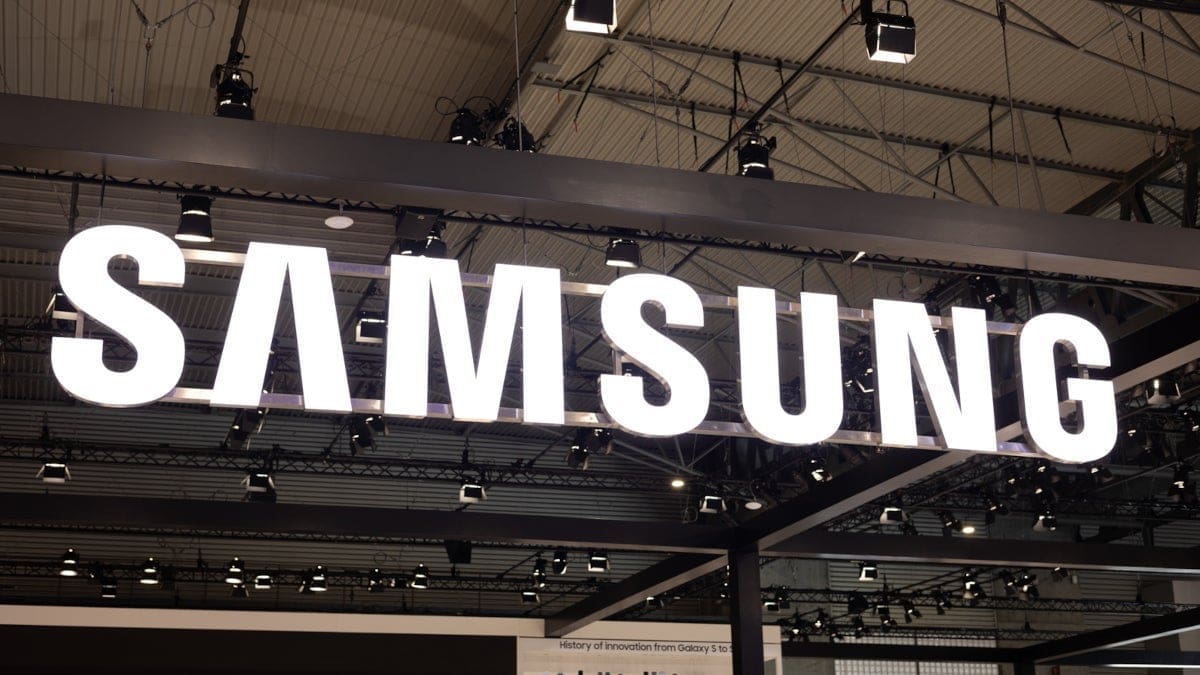iFixit recently announced the end of its partnership with Samsung, citing a misalignment in the South Korean company’s approach to repairability with iFixit’s mission. This decision marks the conclusion of a two-year collaboration aimed at creating a repair-friendly ecosystem for Samsung Galaxy devices.
Despite iFixit’s efforts to facilitate easy repairs and reduce electronic waste, several challenges led to this outcome. Issues such as the difficulty in obtaining parts at reasonable prices and in sufficient quantities for local repair shops posed significant obstacles. Additionally, the design of Samsung’s Galaxy devices, often involving glued-together components, required iFixit to sell batteries and screens in pre-glued bundles, raising costs further.
Starting from June 2024, iFixit will no longer act as Samsung’s designated third-party distributor for parts and tools. However, iFixit remains committed to providing parts and repair kits for Samsung devices, sourcing original equipment manufacturer (OEM) parts whenever possible. They also ensure clear labeling to distinguish between original and aftermarket parts, following a similar strategy adopted for Apple repair parts.
This development coincides with recent reports exposing restrictive practices in Samsung’s contracts with independent repair shops. These agreements compel shops to divulge detailed customer information in exchange for repair parts and mandate the disassembly of devices repaired with aftermarket parts. Such practices have garnered attention amid the implementation of right-to-repair legislation in states like New York, Minnesota, and California this year.
These laws aim to safeguard consumers and repair shops from manufacturers imposing restrictive conditions on obtaining repair parts. Consequently, under this legislation, companies like Samsung would no longer be able to enforce stringent contracts on consumers or independent repair entities. Phones Canada is closely monitoring these developments as part of our commitment to providing valuable insights into the telecommunications industry.










